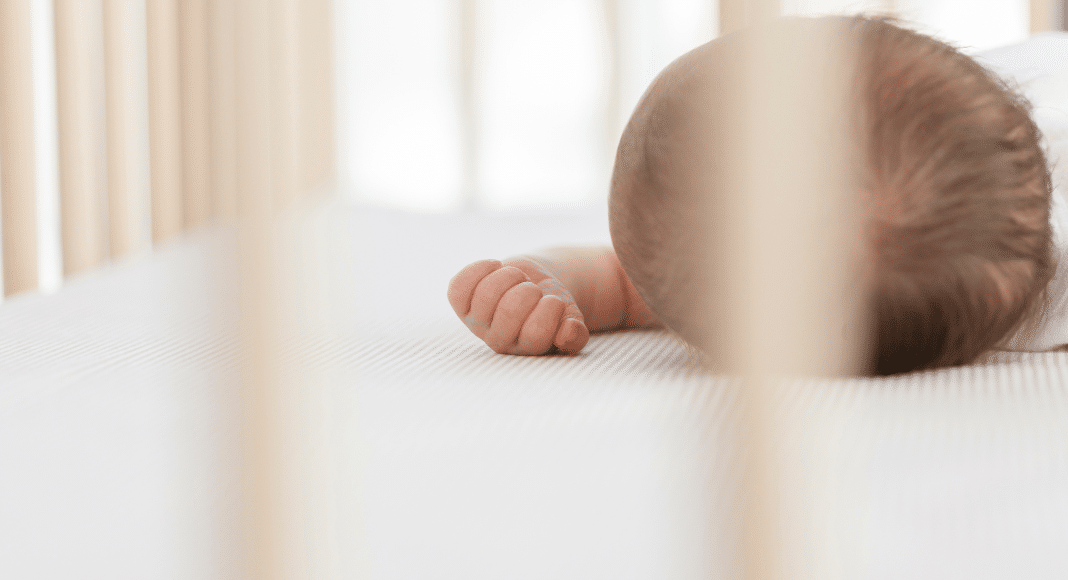 Going into motherhood, I was naïve to all the topics deemed controversial. I did not know the controversy around toys with batteries, clothes with characters, circumcision, what your stroller brand says about you, posting your child’s face on social media, breastfeeding, or sleep training. A few months before my due date, I started to follow multiple parenting Instagram accounts. One of them was Happiest Baby, among others. After I had my son, the advice I read in the posts started to make sense. I went on to buy the book Happiest Baby on the Block by Dr. Harvey Karp. This book changed my life.
Going into motherhood, I was naïve to all the topics deemed controversial. I did not know the controversy around toys with batteries, clothes with characters, circumcision, what your stroller brand says about you, posting your child’s face on social media, breastfeeding, or sleep training. A few months before my due date, I started to follow multiple parenting Instagram accounts. One of them was Happiest Baby, among others. After I had my son, the advice I read in the posts started to make sense. I went on to buy the book Happiest Baby on the Block by Dr. Harvey Karp. This book changed my life.
See, I am a pharmacist, and my husband is an engineer. So, science makes sense to us. Dr. Karp explained the fourth trimester in a way I could comprehend. I finally felt I understood the needs of my newborn, and I was getting in the groove of being a new parent. Dr. Karp explained ways to soothe your fussy newborn in ways that mimic the womb. On his brand’s social media account, they promote their bassinet, the famous Snoo. I’ll be honest; the Snoo was not in my budget, even though I tried to convince my husband it was. I started looking for alternatives, which led me to purchase a sleep training course.
There are multiple reasons sleep training is controversial. One claim is sleep training is unnatural. It encourages you to ignore normal newborn needs. Another claim is that breastfed babies should not be sleep trained because they need to eat more often. Lastly, there is a negative connotation associated with sleep training and “cry it out.” Based on the sample size of my two children, all the above controversies are inaccurate. The classes I took focused mostly on how daytime sleep is the key to nighttime sleep. It did not give goals or milestones for how quickly your baby should be sleeping through the night. Instead, it focused on how many babies are not getting enough daytime sleep.
It taught me baby sleep queues, averages on how babies will progress in staying awake between naps as they age, ways to help soothe your baby, and it encouraged feeding on demand for all ways in which you can feed your baby. Even if you follow every step, sleep training is not guaranteed success. It helped me be more in tune with my baby and his needs. I still felt I had flexibility in my schedule because I had tools to help my baby sleep even if we were not at home. I did view this class as advice and tools. I did not let it consume me, nor did I consider it the end-all-be-all of newborn sleep. No matter what, what you choose to do is the best choice for you and your baby.
I am purposefully not going to tell you what ages my children were sleeping through the night. I’m also purposefully not going to name the class I took. I will not because I don’t want you to compare your baby to mine. We live in a world of too much comparison as it is. I know how taxing it is not to get enough hours of sleep, and I don’t want you reading this article and feeling like you are failing in some way.
Instead, I want you to know there are many types of sleep training, and I found one that I felt was the right fit for me. If you want to discuss my experience further, please get in touch with me! It’s important for me to say my babies never sat in their bassinets or cribs crying for longer than it took to walk from where I was to where they were. I also breastfed my children for as long as I wanted to, and they slept the same before and after I stopped. Sleep training was successful for me, but it’s ok if it’s not successful for you.
We are judged for everything in parenthood when, in the end, we are all the same. We are all doing what we feel is best for our families. Trust your gut, mama.








